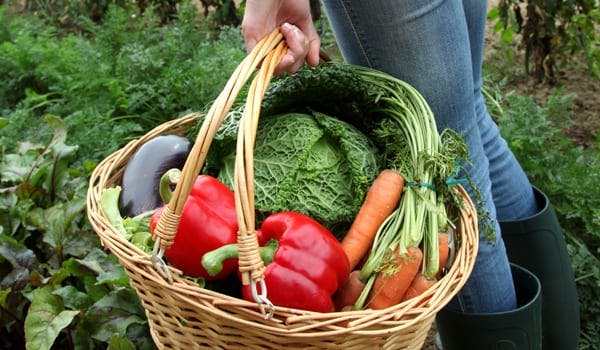Marketers have long since cottoned onto using the term ‘organic’ for strategic branding. Walking into a supermarket customers are faced with hundreds of different products boasting the term ‘organic’ on the label.
However, the liberal interpretation of the word has caught the attention of the Australian Competition and Consumer Commission (ACCC). Yesterday it was announced that the consumer watchdog is in the process of reviewing its guidelines, which will regulate the use of the word.
Already seven suppliers of bottled water will be removing the ‘organic’ claims from their labelling and marketing materials, while an eighth supplier has chosen to withdraw its product from sale altogether.
Delia Rickard, deputy chair of the ACCC said ‘credence claims’ – statements that consumers may not be able to easily verify themselves – such as ‘organic’ have the potential to influence consumers and disadvantage competitors.
“Credence claims such as ‘organic’ can be used to justify higher prices and create a competitive advantage for the user. As such it is essential that they are only used correctly. Consumers are increasingly making purchasing decisions that value the types of claims that directly affect the integrity of the product, such as where or how something was made, grown, or produced,” Rickard said.
The ACCC also disputed the claims of several manufacturers that the word ‘organic’ was simply part of the brand name.
“Manufacturers cannot hide misleading claims in their brand names,” Rickard said.
Australian Organic states that “organic produce is grown and processed without the use of synthetic chemicals, fertilisers, or genetically modified organisms with a focus on environmentally sustainable practices.”
There are various certification programs determining which local and imported fulfil the necessary criteria. You can learn more about what labels to look out for from Australian Certified Organic.

